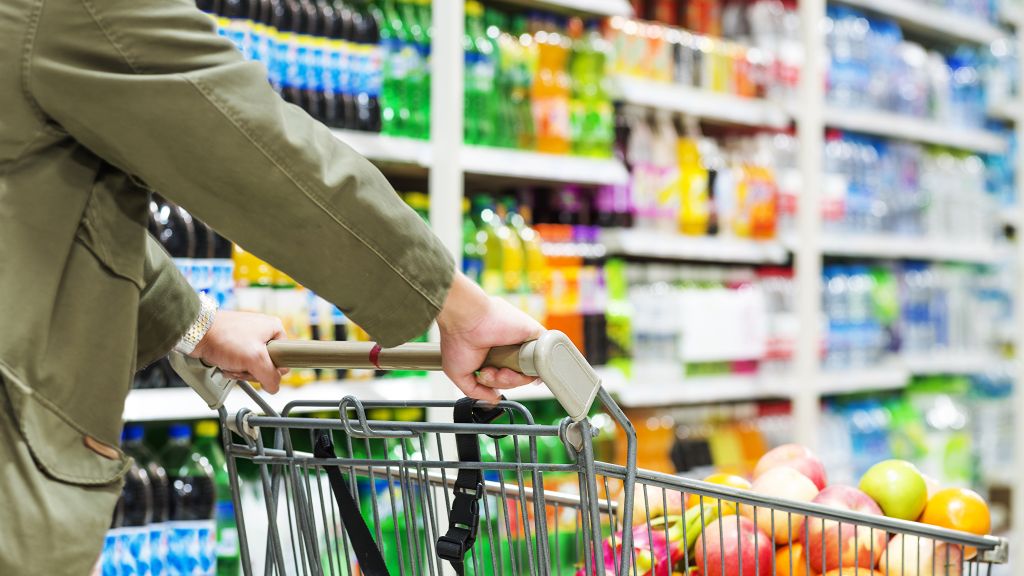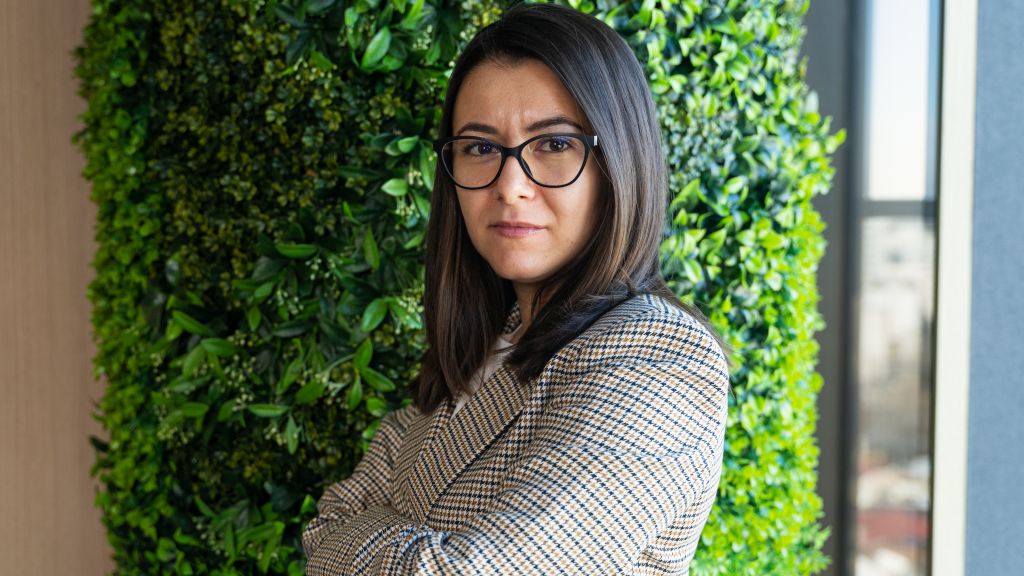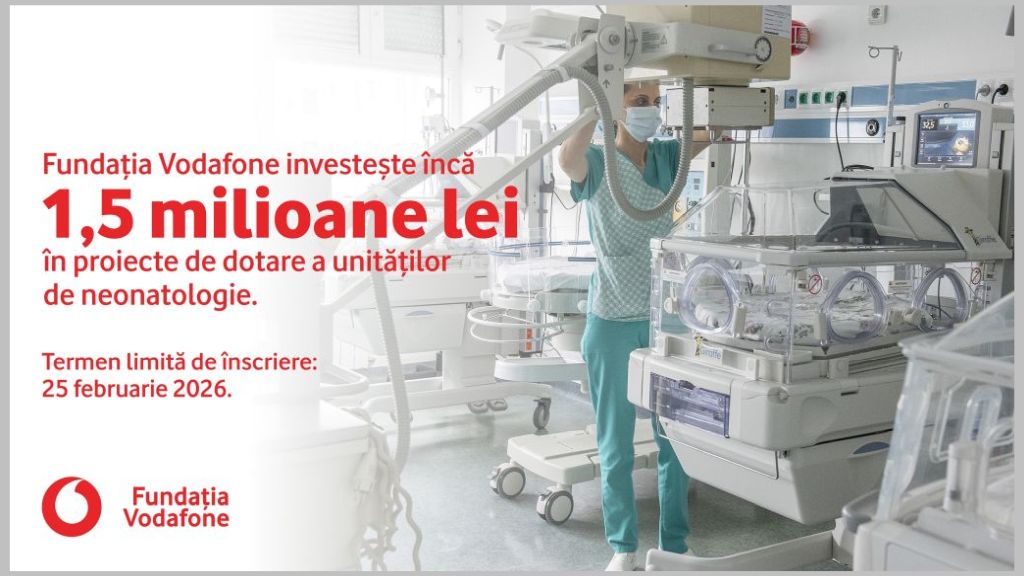Q: The global economy seems to experience challenges we have not seen in decades: very high inflation, the prospects of synchronized recession, higher and higher interest rates, and even war. In this context, how do you deal with such challenges in your business sector?
Mr. MARIUS MELESTEU: Indeed, there is an escalation in all the costs, but coffee industry also carries now the full impact of Brazil crop problems coming from 2021. We succeeded to mitigate the impact for consumers, but the end of 2022 and the beginning of 2023 will look totally different at the shelf level.
Our main priorities related to this crisis were to support our business partners and clients, to cushion the impact of the price at the consumer level because there is life after crisis and we need to look ahead. Coffee is a very optimistic industry with very passionate players and consumers, with an amaizing product that keeps the world moving. We are here for progress.
Q: Arguably, coffee is the 4th most consumed beverage in the world (by volume of sales), with almost 40.000 cups consumed globally every second. Is there a different situation/ preference in Romania than globally? If yes, please explain why. If not, please tell us why and what you anticipate about the Romanian coffee market.
Mr. MARIUS MELESTEU: Coffee is a category with huge household penetration (around 90%) and one of the most consumed beverage in the world. In our Last Day Consumption, a study where we are tracking the consumption habits of coffee consumers, we saw, consistently across many years, that coffee is the second most consumed beverage (after watter) with an average of about 300ml daily. Due to the increasing consumptions occasions outside home and modernization of the coffee preparation at home, we are estimating that this trend will continue.
Q: If we look at coffee not just as a beverage but as a journey (from growing, exporting, roasting, distribution, and retail), what part of the journey is most difficult and why? What should we expect in terms of retail because of this journey?
Mr. MARIUS MELESTEU: Coffee is a wonderful product, appreciated and loved in the whole world. None of the steps from bean to cup is difficult per se but carries a lot of complexity. Despite the challenges that farmers are facing every year, there is an increasing trend in enlarging the coffee plantations and even bringing new countries to this industry. We saw, in the last years, China and India starting to play a bigger role and African countries improving the efficiency of the crops. Most of the companies are modernizing transportation of crops in order to preserve the quality and also to avoid waste. As a multinational company with serious operations in Romania, innovation is a must. We modernized the unloading station, and now we are able to buy coffee in full containers (not in bags), further avoiding waste in manipulations and raw materials. Roasting and blending is an art as long as you can ensure consistency and succeed to keep the quality of the final product very high. We have a state of art factory with a capacity of roasting of above 10.000t, with a technology that guarantees the quality of the final products. The supply chain team, that is with us for a long time, is mastering the products and the robots are doing the rest of the job. The commercial division is doing the rest with at least the same dedication in delivering a wonderful experience to our dear customers and distributors and, at the end of the day, this is landing the volume leadership in Instant & Beans Categories and a solid number 2 in R&G .
Q: The headlines all over the world include an unfavourable mix of commodity cost inflation, increase in freight costs, higher prices for energy and even a paradox in recession or very low growth: a strong labour market. How do you navigate such challenges?
Mr. MARIUS MELESTEU: The world is changing the parameters for all costs but we know, from experience of the past, that a new equilibrium will be established and a new era of progress will rise. In order to overcome the challenges of today, we are looking for opportunities in the near future: a transformed HoReCa segment, the development of the modern offices inventory, the revolution in coffee of preparation within the Romanian households.
Q: Let’s talk about the macroeconomics of coffee in Romania, where the retail price hike seemed to outpace the headline inflation. Is the price of a coffee a better indicator than other statistics? And what should this indicator tell us? Can we talk about “coffee elasticity” – that means higher than estimation performances despite the ongoing global challenges? Why or why not?
Mr. MARIUS MELESTEU: We always said that coffee is an underrated category. For a product that is limited by production places, harvested in difficult conditions and reaching the consumers as natural as it was produced, coffee should not be perceived as a commodity. It’s a high value product that delivers physical and emotional energy for the entire world. So, it carries a low elasticity in a normal market conditions but that is not the case now. These are exceptional times and we see some coffee segments declining in penetration and volumes and consumers looking to adapt to the new normal. This will also pass and don’t forget we have consumer’s passion on our side, a loyalty that will push further this unique category.
Q: In 2021, Brazil’s poor weather pushed coffee prices to multiyear highs. What happens now with the international supply, and what will be the effects? Even in the second half of October, bringing a 20% future price decrease, we are witnessing a stronger dollar. Why should we care?
Mr. MARIUS MELESTEU: We don’t think the utilities and raw materials cost increase reached their peak, but we see a stabilization of some indicators, such as the cost of containers, for example. The Brazil crop positive estimation could bring some positive outcome but at this moment we don’t have any certainties yet. What we know for sure is that there is a need for progress in order to keep the world moving and that coffee is doing an excellent job.
Q: During times of high inflation, producers/ retailers might choose the so-called shrinkflation – they do not want to increase the prices (even if they have more than many legitimate reasons for doing so), so they might shrink the quantity sold for the same price. Does this work for Romania? Why or why not?
Mr. MARIUS MELESTEU: I think that all players in the coffee industry understand that the consumer is our boss and the experience that coffee is delivering is unequivalent. We see already a movement toward trustfull & powerfull brands (Thank God we have Doncafe and Amigo in our portfolio), an intensification of the promo activity and some downtrading, but the passion of coffee consumers will is not be bought with trivial sales techniques. We are here to stay, consumers are here to enjoy this beautiful category.
Q: What is your main message for each category of consumers, customers, and communities regarding challenges and opportunities for the coffee market? What should we expect in terms of innovation for the coffee market in Romania?
Mr. MARIUS MELESTEU: The main message is a big “Thank you” for your passion and for your loyalty. We do everything in our power to keep the consistency of your coffee moment and we are commited to deliver variety and quality. As main trends for innovation we see a democratization of the quality brands, a more green energy production facilities that will drive more green products or even energy free coffee shops, a more convenient HoReCa driven by the clash of automatic and semiautomatic coffee machines and an explosion of the dedicated e-comm coffee businesses driven by subscription and fast delivering.
You can read the interview also in the document below:




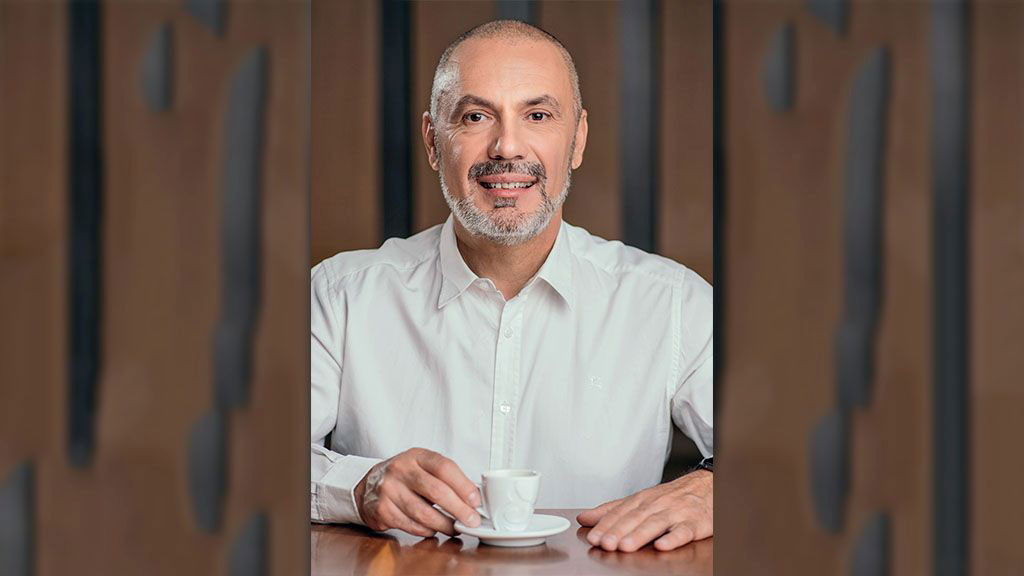
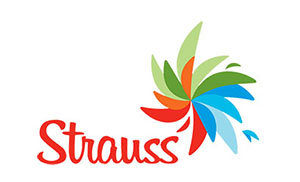











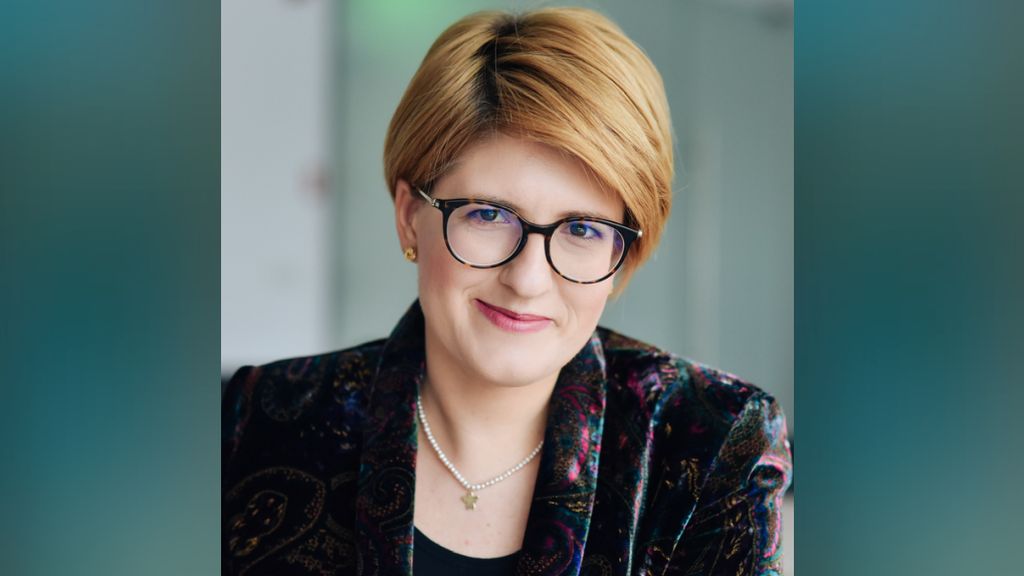


![2026 consumer trends and industry insights [Webinar]](https://doingbusiness.ro/media/covers/6979dc6c4329e_cover.jpg)


